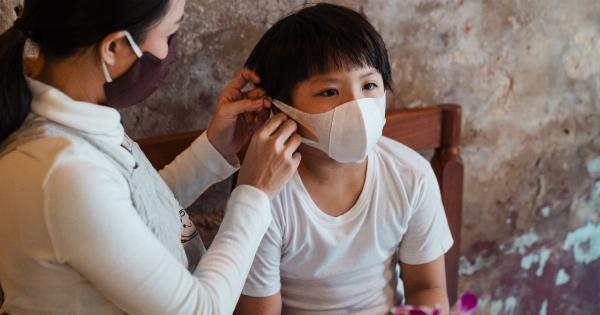As a parent, protecting your child is always a top priority. One of the most frightening things a parent can imagine is their child being kidnapped. While the thought can be terrifying, there are ways to minimize the risk and help keep your child safe.
Here are 10 tips for protecting your child from kidnapping:.
1. Teach Them About Stranger Danger
It’s important to teach your child about stranger danger from a young age. Role-play scenarios with them so they know what to do if a stranger approaches them.
Teach them to never talk to strangers or accept anything from them, and to always ask for your permission before going anywhere with someone they don’t know.
2. Keep Their Personal Information Private
Make sure your child understands the importance of keeping their personal information private. Teach them to never share their full name, address, phone number, or any other personal details with strangers.
If their school or extracurricular activities require this information, make sure it’s only given to trusted adults.
3. Establish a “Safe Word”
Establish a “safe word” with your child that only you and they know. This word can be used if someone other than you ever needs to pick up your child, and will let your child know that the person is safe to go with.
4. Monitor Their Online Activity
In today’s digital world, it’s important to monitor your child’s online activity. Teach them about internet safety and make sure they understand that they should never share personal information online.
Use parental controls to help filter inappropriate content and supervise their online interactions.
5. Use a GPS Tracker
Consider using a GPS tracker for your child, especially if they’ll be travelling alone or away from home. This can give you peace of mind and help you quickly locate your child in case of an emergency.
However, it’s important to also have a conversation with your child about why you’re using the tracker and establish trust so they don’t feel like they’re being spied on.
6. Teach Them Self-Defence
Teach your child self-defence techniques, such as how to break away from a grip or immobilize an attacker. Enrol them in a martial arts class or a self-defence program so they can develop the skills and confidence to protect themselves if necessary.
7. Be Careful with Social Media
Social media can be a fun way to connect with friends and family, but it’s important to use caution. Make sure your child’s accounts are set to private and only allow friends and family to see their posts.
Remind them to not share any personal information online, and teach them about potential dangers such as online predators.
8. Discuss Schools and Extracurricular Activities
Know your child’s schedule and the locations of their schools and extracurricular activities. Make sure they’re always accompanied by a trusted adult when possible, and have plans in place in case of an emergency.
Talk to your child about what to do if someone tries to take them and establish a family safety plan.
9. Create a Buddy System
Create a buddy system with your child’s friends and their parents. Make sure your child has a trusted friend they can stick with and agree to keep an eye on each other and make sure no one strays from their agreed-upon plan.
10. Stay Calm and Reassuring
While it’s important to discuss the potential dangers of kidnapping with your child, it’s also important to not scare them.
Approach the topic calmly and reassure them that you’re doing everything you can to keep them safe and protect them. Encourage them to come to you if they ever feel scared or uncomfortable.




























